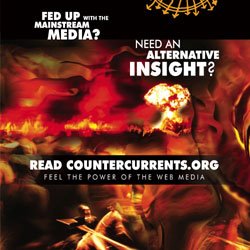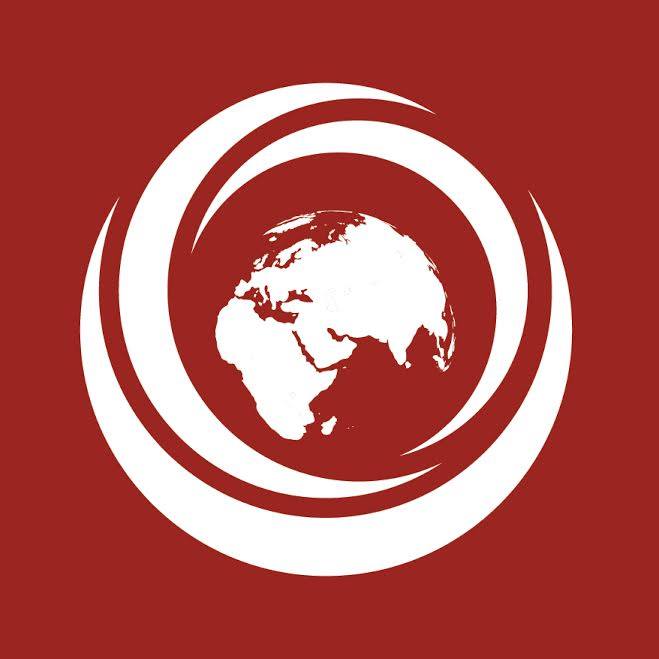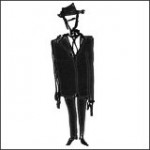TV journalism in India: Crying for TRP or Truth
The recent observations of the Hon’ble Supreme Court towards the functioning of media in India seem to be an urgent need of redefining and restructuring the electronic media in accordance with the constitutional values, freedom of media, individual rights and right to privacy. ‘Sensation above sense’ becomes one of the most important weapons in the hand of media owners to[Read More...]


